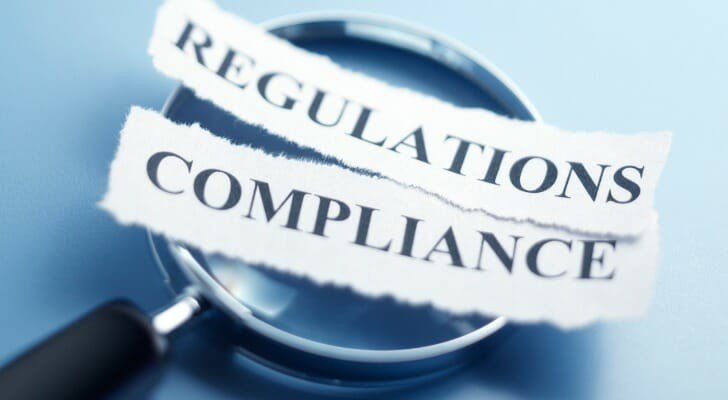In today’s global business environment, regulatory compliance is a critical concern for organizations across various industries. Navigating complex legal landscapes requires meticulous attention to detail and robust systems to ensure adherence to regulations. Enterprise Resource Planning (ERP) systems play a vital role in facilitating compliance efforts by providing centralized control, data integrity, and reporting capabilities. This article explores how ERP systems assist businesses in navigating intricate legal frameworks and maintaining regulatory compliance.
Understanding Regulatory Compliance: Regulatory compliance encompasses adherence to laws, regulations, and standards relevant to a particular industry or jurisdiction. These may include financial regulations, data protection laws, industry-specific standards, and international trade agreements. Non-compliance can lead to severe penalties, reputational damage, and operational disruptions.
The Role of ERP in Regulatory Compliance:
- Centralized Control: ERP systems centralize data and processes, providing a single source of truth for regulatory reporting and auditing purposes. This centralized approach ensures consistency, accuracy, and transparency in compliance efforts.
- Data Integrity: ERP systems enforce data integrity through standardized processes, access controls, and audit trails. By maintaining accurate and complete records, organizations can demonstrate compliance with regulatory requirements.
- Automated Compliance Checks: ERP systems incorporate compliance checks into routine business processes, automatically flagging potential violations and triggering alerts for corrective actions. This proactive approach helps mitigate compliance risks and ensures timely resolution of issues.
- Reporting Capabilities: ERP systems offer robust reporting capabilities, allowing organizations to generate compliance reports quickly and accurately. These reports provide stakeholders, regulators, and auditors with comprehensive insights into regulatory compliance efforts.
- Scalability and Adaptability: ERP systems are scalable and adaptable, allowing organizations to accommodate evolving regulatory requirements and business needs. Whether expanding into new markets or facing changes in regulatory frameworks, ERP systems can flexibly adjust to ensure continued compliance.
Best Practices for ERP-Driven Compliance:
- Conduct Regular Audits: Regular audits help identify compliance gaps and ensure ongoing adherence to regulations. ERP systems facilitate audit processes by providing access to comprehensive data and audit trails.
- Stay Informed: Stay abreast of regulatory changes and updates relevant to your industry. Leverage ERP system capabilities to quickly assess the impact of regulatory changes and implement necessary adjustments.
- Invest in Training: Provide comprehensive training to employees on regulatory compliance and ERP system usage. Well-trained staff are better equipped to navigate complex legal landscapes and utilize ERP system features effectively.
Conclusion: ERP systems serve as invaluable tools for organizations navigating complex legal landscapes and maintaining regulatory compliance. By centralizing control, ensuring data integrity, automating compliance checks, providing robust reporting capabilities, and offering scalability and adaptability, ERP systems empower businesses to meet regulatory requirements efficiently and effectively. As regulatory environments continue to evolve, investing in ERP-driven compliance becomes increasingly critical for sustained business success and reputation.
About Your Websites: For expert guidance on leveraging ERP systems for regulatory compliance and optimizing business operations, visit iskycreative.com and isky.ae. Our specialized ERP solutions are tailored to help organizations navigate complex legal landscapes and achieve compliance excellence.
